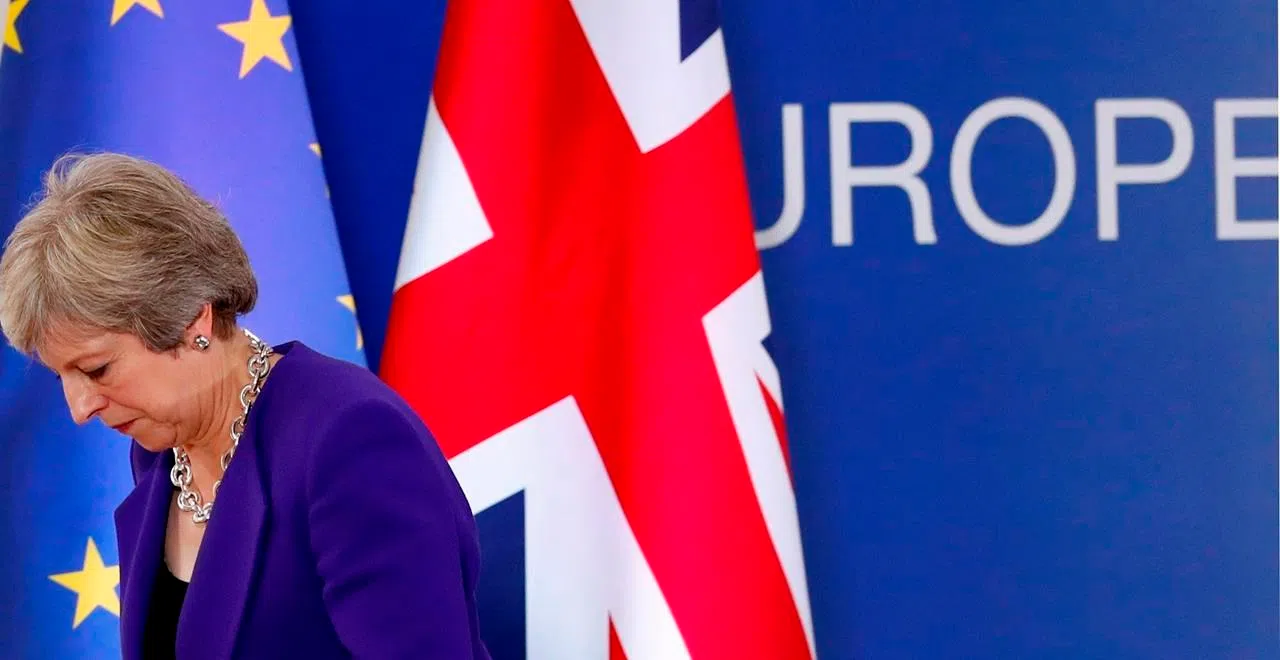
Marchers clog streets of London to demand new Brexit vote
LONDON — Hundreds of thousands of protesters opposed to Britain’s impending exit from the European Union marched through central London on Saturday, demanding a new referendum and to have a say on the government’s final Brexit deal with the EU.
Organizers say another public vote is needed because new facts have come out about the costs and complexity of Britain’s exit from the bloc since voters chose to leave in 2016.
They estimated that some 700,000 people took part Saturday in the “People’s Vote March,” which saw 150 buses of marchers pour into the British capital from all across the country. Police did not provide an attendance estimate.
“What’s clear is that the only options on the table now from the prime minister are a bad Brexit deal, or no deal whatsoever,” London Mayor Sadiq Khan, who joined the march, told the BBC. “That’s a million miles away from what was promised 2 1/2 years ago.”


